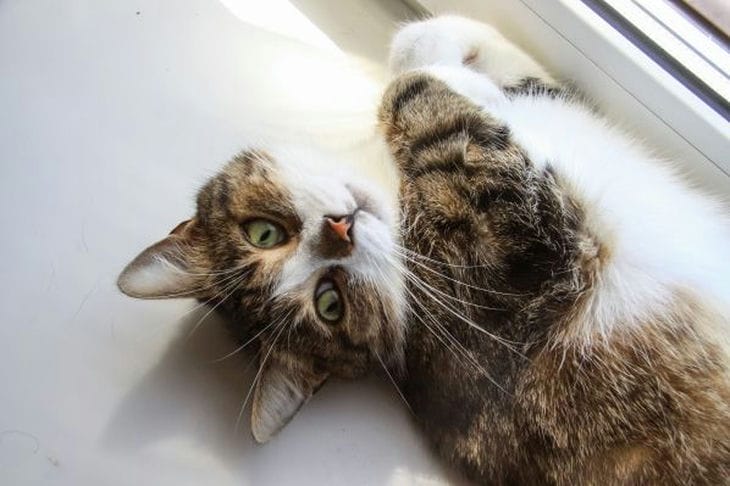Why does a cat try to leave home: revealing the secrets of cat escapes
Cats are mysterious creatures whose behavior sometimes baffles even experienced owners.
A pet's desire to leave the house can cause anxiety and confusion.
To understand the reasons for this behavior, you need to look at the world through the eyes of a cat and understand its natural instincts.
Natural instincts
Despite thousands of years of living alongside humans, domestic cats have retained many of the traits of their wild ancestors.
The desire to explore and hunt is deeply rooted in their nature. Even a well-fed and well-groomed pet may feel the need for adventure and new experiences.

Puberty
One of the most common reasons for escape attempts is the onset of puberty.
Unneutered male cats and unspayed female cats of reproductive age seek to find a partner.
Hormonal changes can cause anxiety and a desire to leave your familiar environment in search of an opportunity to continue the family line.
Stress and discomfort
Sometimes a cat tries to leave home due to stress or discomfort in the home environment.
The reason may be the appearance of a new family member (human or animal), renovations, loud sounds or other factors that disrupt the pet’s usual way of life.
In such situations, the cat may look for a quieter place.
Curiosity and a thirst for adventure
Cats are naturally curious. An open window or door can be perceived as an invitation to explore a new world.
This is especially true for young and active animals that lack stimulation at home.
Territorial behavior
It is very important for cats to feel in control of their territory.
If an animal does not have the opportunity to fully realize its territorial instincts inside the house, it may seek to expand its territory outside of it.
Search for specific resources
Sometimes a cat may try to leave in search of specific resources - a special food, a herb to clear out the stomach, or even a certain type of litter.
If an animal feels that it is missing something at home, it may look for it outside.
Nostalgia for the former place of residence
Cats that have recently changed their place of residence may try to return to their previous home. This is especially typical for animals accustomed to street life or spent a lot of time outside in their previous habitat.
Lack of attention
If a cat feels lonely or ignored, it may seek attention and companionship outside the home. This is especially true for active breeds that need constant human interaction.
Medical problems
In some cases, the desire to leave home can be a symptom of a medical condition. For example, thyroid problems can cause anxiety and disorientation in cats, leading to escape attempts.
Prevention of escapes
To prevent escapes, it is important to provide the cat with comfortable living conditions that meet its natural needs.
This includes providing plenty of toys, scratching posts, resting areas and observation areas.
Regular play and attention from the owner will also help satisfy the cat's need for activity and communication.
Spaying or neutering your pet can solve the problem of running away associated with puberty. However, it is important to remember that this procedure must be carried out in accordance with the recommendations of a veterinarian.
